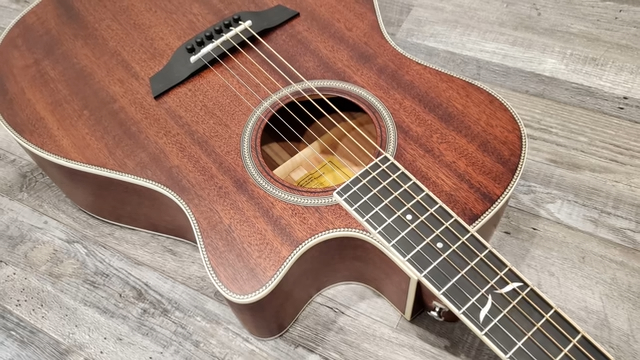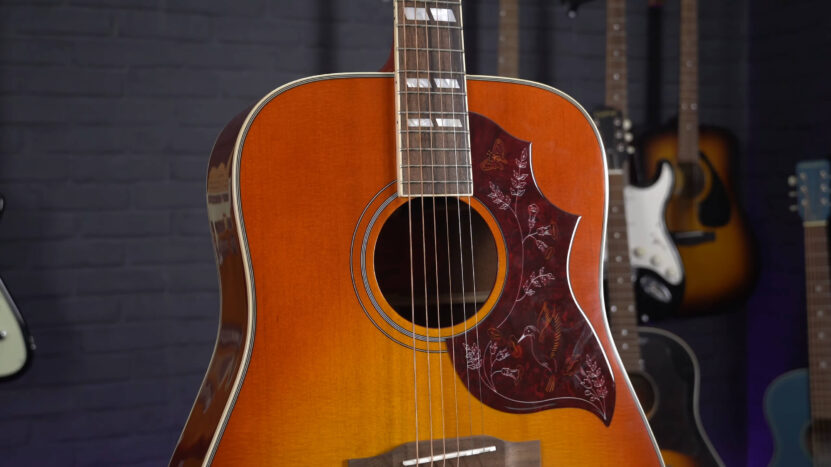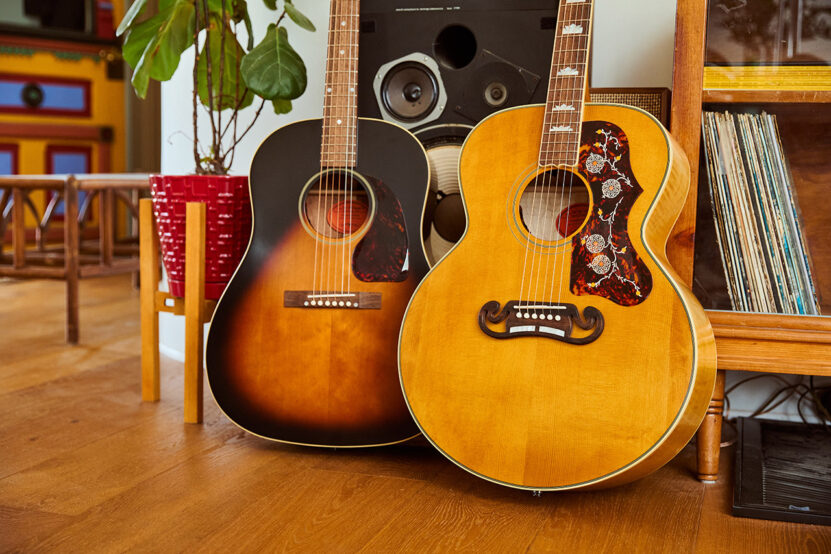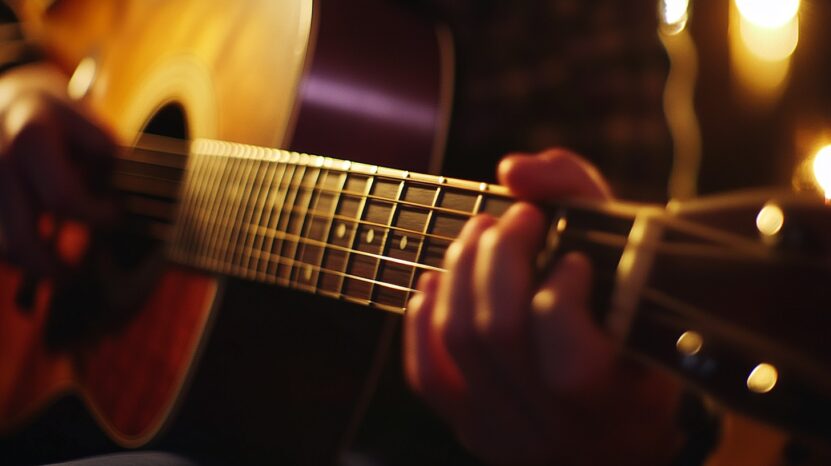
Share Post:
Let’s talk about “Skip to My Lou.” Sounds innocent enough, right? Maybe it brings to mind a cheerful, old-timey song from childhood.
But have you ever paused and thought about what on earth it actually means? In this post, I will take you on a tour through the peculiar history and meaning of this quirky tune.
A Dance from the 1840s
First off, “Skip to My Lou” isn’t just a song. It’s a partner-stealing dance that dates back to the 1840s in America. Imagine the scene: couples skipping around in a ring, while one unfortunate soul stands alone in the center, eagerly eyeing up potential new partners.
This poor sap gets to pluck a new partner from the dancing masses, leaving someone else stranded. It’s similar to musical chairs.
What’s in a “Lou”?
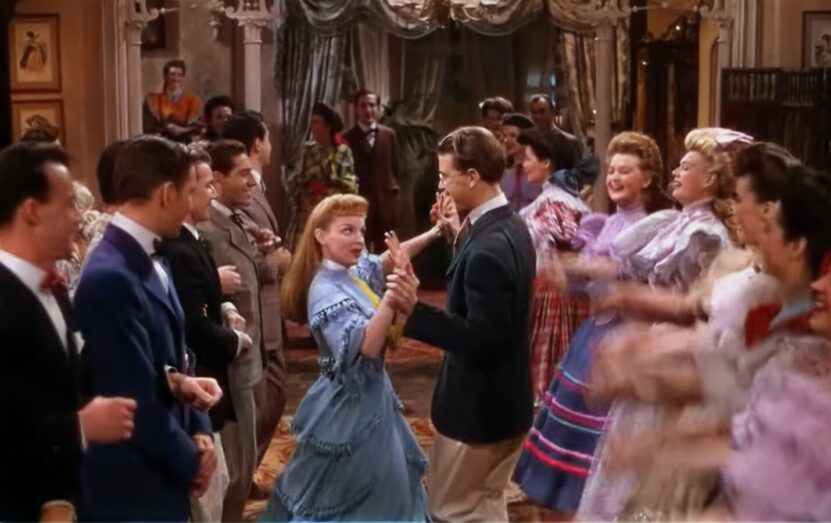
The word “Lou” in the title is derived from the Scottish word “Loo,” which means “love.” So, when you’re skipping to your “Lou,” you’re essentially skipping to your love.
Romantic, isn’t it? Except for the part where you’re ditching your original partner for someone new. Sounds like a Victorian-era version of modern-day dating apps.
Lincoln’s Youth and a Party Game
Fun fact: Carl Sandburg, the poet and biographer of Abraham Lincoln, noted that “Skip to My Lou” was a popular party game during Lincoln’s youth in southern Indiana.
Picture young Abe, not yet sporting that iconic beard, perhaps losing his partner to someone else in a rousing round of this partner-swapping dance. It’s comforting to know that even future presidents had to deal with the awkwardness of someone else sweeping their crush off their feet.
Movie Magic and Famous Covers
“Skip to My Lou” has managed to weasel its way into several films over the years. You might have caught it in “Meet Me in St. Louis” (1944), “Across the Wide Missouri” (1951), or “The Searchers” (1956).
And if you haven’t seen any of those, well, you’re missing out on some prime examples of how this dance-song combo made its way into Hollywood. Then there’s the parade of artists who’ve recorded the song.
Lead Belly, Pete Seeger, and Judy Garland are just a few of the big names. Even Nat King Cole got in on the action. Clearly, there’s something about this tune that has kept it relevant across generations.
A Jamaican Twist
Just when you thought “Skip to My Lou” couldn’t get any weirder, it takes a detour into Jamaican dancehall music. Artists like QQ and Serani have released their versions, including Serani’s 2010 hit “Skip to My Luu.” Yes, really.
The song that started as a 19th-century American folk dance now has a dancehall variant. If that doesn’t scream cultural crossover, I don’t know what does.
Cultural Roots
Historically, there’s speculation that “Skip to My Lou” may be derived from the Creole folksong “Lolotte Pov’piti Lolotte.” This suggests that the song’s roots are even more diverse than initially thought. Imagine the melting pot of influences that went into creating this seemingly simple tune.
Breaking Down the Dance
So how does this partner-stealing dance actually work? Here’s the breakdown:
- Couples form a circle and skip around.
- One person starts in the center of the circle, partnerless.
- As the skipping continues, the lone person in the middle selects a new partner from those dancing by.
- The chosen partner joins the center person, leaving their original partner in the middle.
- The cycle repeats, with partners continually being swapped.
From Parties to Pop Culture

The journey of “Skip to My Lou” from a party game to a pop culture staple is fascinating. It began as a way for people to socialize and possibly flirt under the guise of a folk dance.
Over time, it’s been embraced by various artists and adapted into different musical genres. Its presence in films and recordings by notable artists has solidified its place in American cultural history.
The Appeal of Partner-Stealing
What’s the deal with the partner-stealing aspect? One could argue it adds a layer of excitement and unpredictability to the dance. It’s not just about the steps; it’s about the strategy.
Who will be chosen next? Will the lone person in the center finally find a partner, or will they be left high and dry?
Final Thoughts
“Skip to My Lou” is more than just a catchy tune from the past. It’s a dance with a rich history, a word that has evolved from Scottish roots, and a song that has been reimagined countless times.
From Abraham Lincoln’s youth to Jamaican dancehall hits, it has endured and adapted, proving that some things really can stand the test of time—even if they involve stealing someone else’s partner.
So next time you hear “Skip to My Lou,” remember the lonely dancer in the center of the circle, the historical roots, and the many artists who’ve kept it alive. And maybe, just maybe, you’ll find yourself skipping along too.

